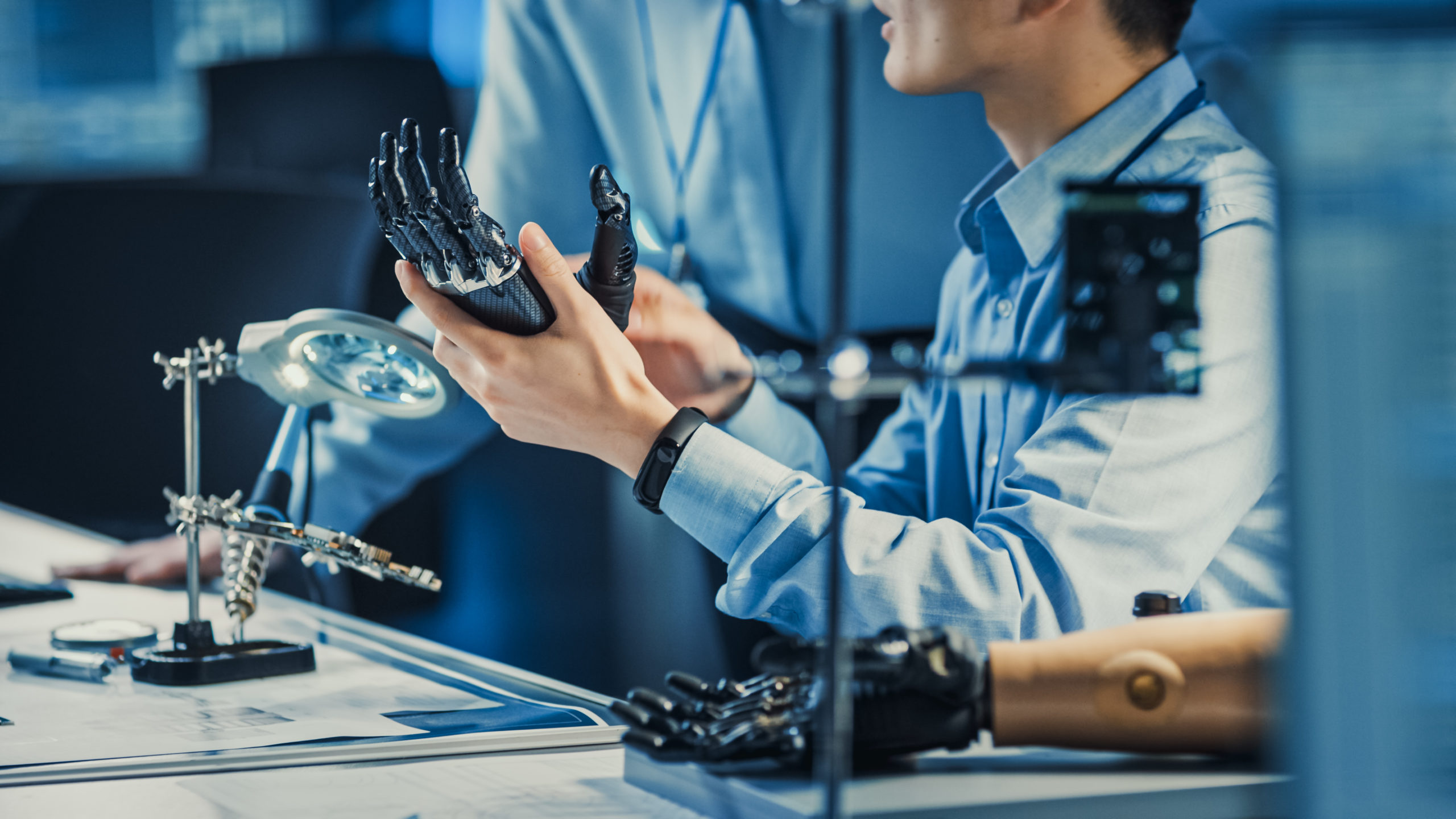For many businesses, trademarks are their most valuable intellectual property assets. And it’s easy to see why; trademarks identify your brand to consumers and distinguish it from those of others. If you have created a valuable product that is wildly successful in the marketplace — even in the absence of patent protection — your trademark will be similarly valuable. But because trademarks arise and remain in force through use, it is possible to inadvertently lose your trademark rights if you are not careful. An Alabama trademark lawyer explains how below.
Trademarks
There are four primary types of intellectual property protection: patents, trademarks, copyrights, and trade secrets. While it is easy to get the various forms confused, perhaps none inspire more confusion and uncertainty than trademarks and trade secrets. One could be forgiven for assuming that, because they both contain the word “trade,” they must be similar or cover similar types of intellectual property assets. But trademarks and trade secrets are actually quite different, protecting radically different types of assets. In fact, trademarks and trade secrets have nothing to do with each other, as an Alabama intellectual property lawyer explains.
Trademarks and copyrights are two major forms of intellectual property. Sometimes known as “soft IP” to distinguish them from the “hard IP” of patents, trademarks and copyrights are easily confused, as they both protect intangible assets. Trademarks protect brand names, logos, slogans, and other aspects that represent a business in the marketplace. Copyrights protect creative works, such as books, movies, and paintings. An Alabama trademark lawyer explains in more detail.
On September 15, the Department of Justice announced that a Latvian national, Viktors Suhorukovs, had been sentenced to four years in federal prison and ordered to pay over $4.5 million in restitution after pleading guilty to a scheme to defraud holders of United States trademark registrations. Evidence showed that Mr. Suhorukovs operated a limited liability company titled “Patent and Trademark Office, LLC” — a name that is misleadingly similar to the actual United States Patent and Trademark Office (USPTO) — for the purpose of sending sham trademark registration renewal notices to registrants. Once the victim signed and returned the renewal notice, Mr. Suhorukovs sent them an invoice for the renewal service and charged an inflated fee for trademark renewal. The victims would then send their “renewal fees” to Mr. Suhorukovs, thinking they were dealing with the USPTO. In total, almost 3,000 victims were identified.
As advancements are made in the medical industry, inventors of medical devices need to be aware of the importance of ensuring their intellectual property (IP) is adequately protected. Perhaps the best way to demonstrate why IP protection is essential is to examine the different types of IP protection and how they apply to medical devices, and what can happen when companies forgo the important first step of properly protecting their devices and processes for medical device IP.


